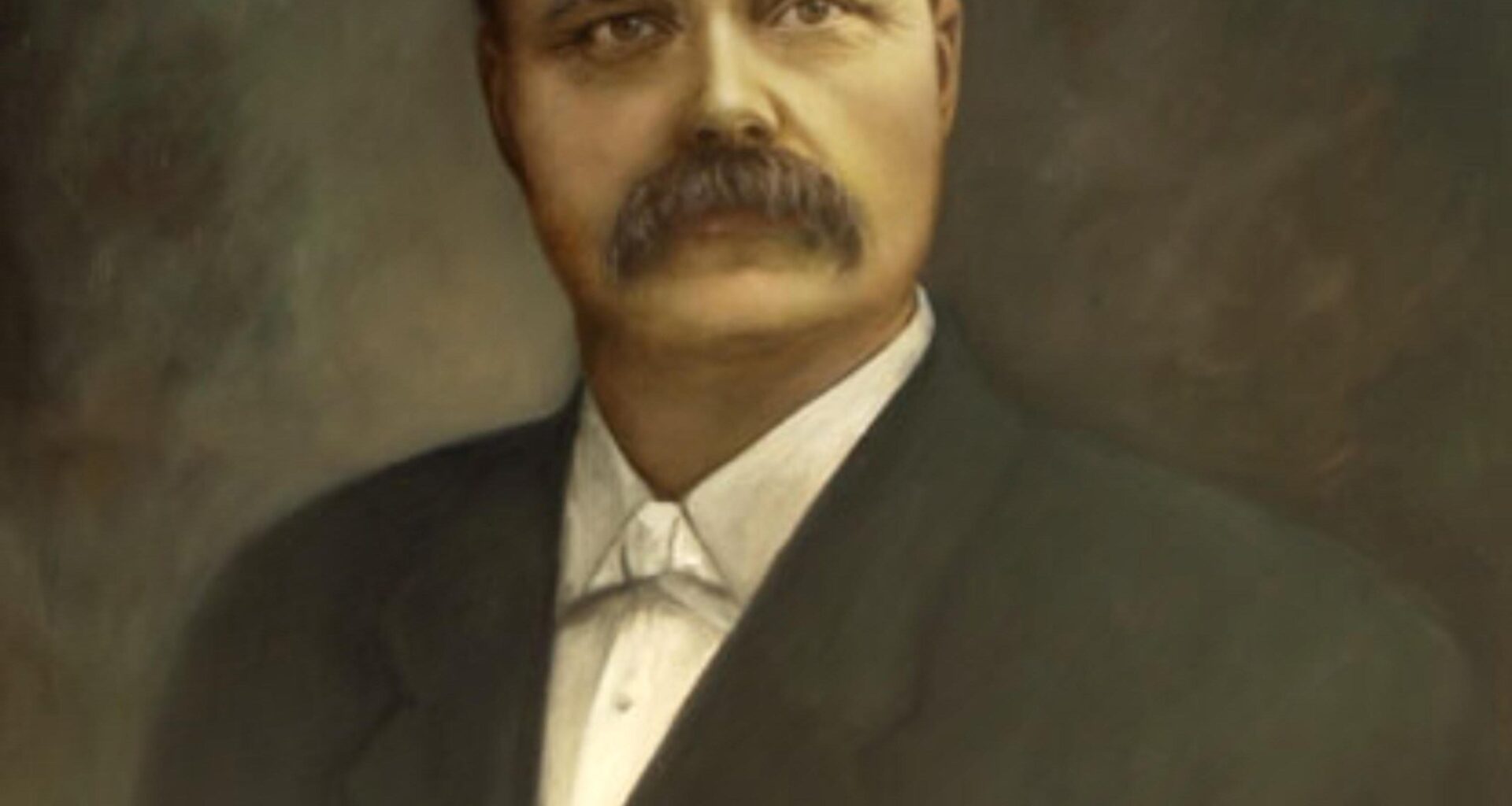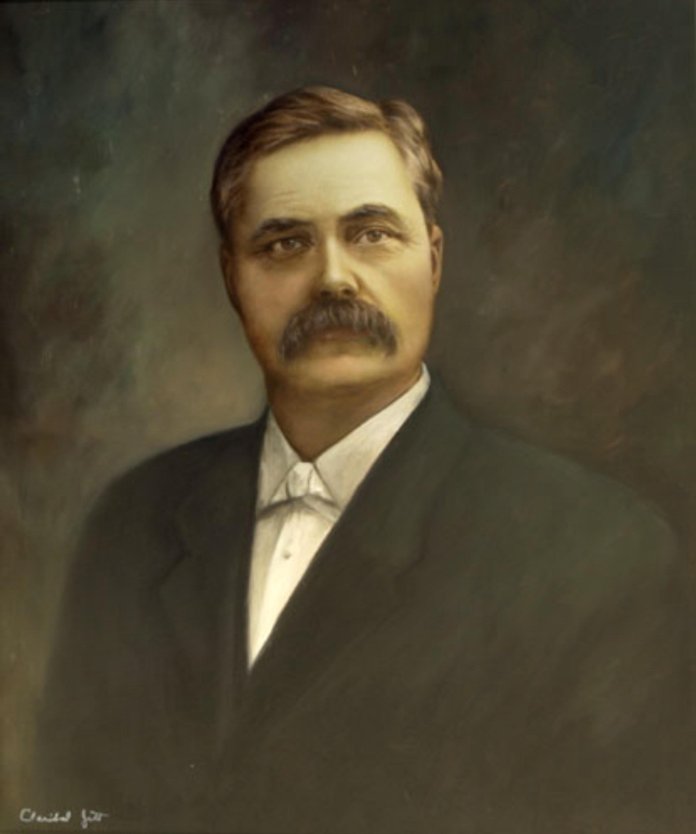Some ideas are so shallowly conceived they reveal more about our era’s obsession with branding than any genuine concern for history or identity. The proposal to rename Broward County as “Lauderdale County” falls squarely into that category and is perhaps among its worst abuses. It’s being floated by State Rep. Chip LaMarca (R-Fort Lauderdale) apparently at the behest of the local business community. But it’s the worst case of business elitism, social engineering, lack of historical appreciation all mixed with woke politics.
At first glance, the reasoning seems simple enough: Fort Lauderdale is the county’s largest and most internationally recognizable city (or it’s claimed- Fort Lauderdale is barely a blip on anyone’s radar but neither is any other locality in Broward County), and attaching its name to the county could, proponents argue, make the area more marketable to tourists and investors. But the truth is, this is a hollow gesture—one that disrespects the region’s complex history and reduces civic identity to a marketing slogan. And this also ignores that Broward County home two million people is vibrant from corner to corner, not just in the area of Fort Lauderdale where LESS THAN 10% OF THE COUNTY’S POPULATION LIVES.
Broward County is not a product. It is a place with a story—one that stretches from Everglades conservation battles to the civil rights movement to decades of growth that shaped modern South Florida. Erasing the Broward name for something trendier is an act of civic amnesia. And as a person invested in my identity as a Floridian and the history of the state it’s like driving a stake through my heart.
Yes, Napoleon Bonaparte Broward, the county’s namesake and Florida’s 19th governor, was a controversial figure. His legacy includes both populist reform and problematic racial attitudes typical of his time. But erasing his name does not erase history—it only erases the opportunity to confront and teach it. And quite frankly he was the VERY FIRST Floridian to matter in national politics.
Broward cultivated an image as a “man of the people,” which resonated with the Progressive wing of the Democratic Party and its national platform, which focused on reform and regulating corporate power. At a time when the Democrats were trying to counter the immensely popular image of Teddy Roosevelt, the popular GOP President, Broward emerged as a national player for the following reasons.
Anti-Corporate Stance: He was part of the “Straightouts,” a Populist-leaning faction of the Florida Democratic party that opposed the influence of big corporations, particularly the powerful railroad interests (like Henry Flagler) that historically controlled Florida politics.
Progressive Reforms: As Governor, he championed important reforms that aligned with national Progressive ideals, such as the effort to implement a Primary Election Law to shift nominating power from party bosses to the people.
“Fighting Democrat”: His reputation as a “Fighting Democrat” who challenged the status quo and powerful interests appealed to the delegates seeking a return to a “people’s government,” which was a major theme of the 1908 Democratic platform.
As the host of the weekly, Florida History Podcast, Napoleon Bonaparte Broward has been one of our most popular topics because quite frankly he mattered a LOT more than other Floridians.
If this push to rename Broward County were truly about reckoning with the past, there would be public discussions, educational initiatives, and honest engagement with the county’s roots. Instead, this feels like a real estate play wrapped in moral language—a way to make the region sound more upscale to out-of-towners while ignoring what makes it unique and dishonoring the legacy and history of THIS state.
And let’s be honest: “Lauderdale County” already exists—in Mississippi and Tennessee. It’s a generic label that tells you nothing about who we are. Broward County, for better or worse, the name stamped on local schools, government, courts, and shared civic life. Changing it would cost millions in rebranding, signage, and documentation, all for a superficial makeover that benefits developers and marketers far more than residents. This change would do nothing for the good working people of Broward County but potentially benefit elites and consulting firms who could reap a windfall from it.
South Florida doesn’t need another identity crisis. It needs leadership focused on affordability, infrastructure, climate resilience, and quality of life—not vanity projects. Renaming Broward County doesn’t make our community stronger, prouder, or fairer. It just makes it shallower.
And that shallowness threatens to erase the history of the first Florida native to really matter on the national stage.
Related


